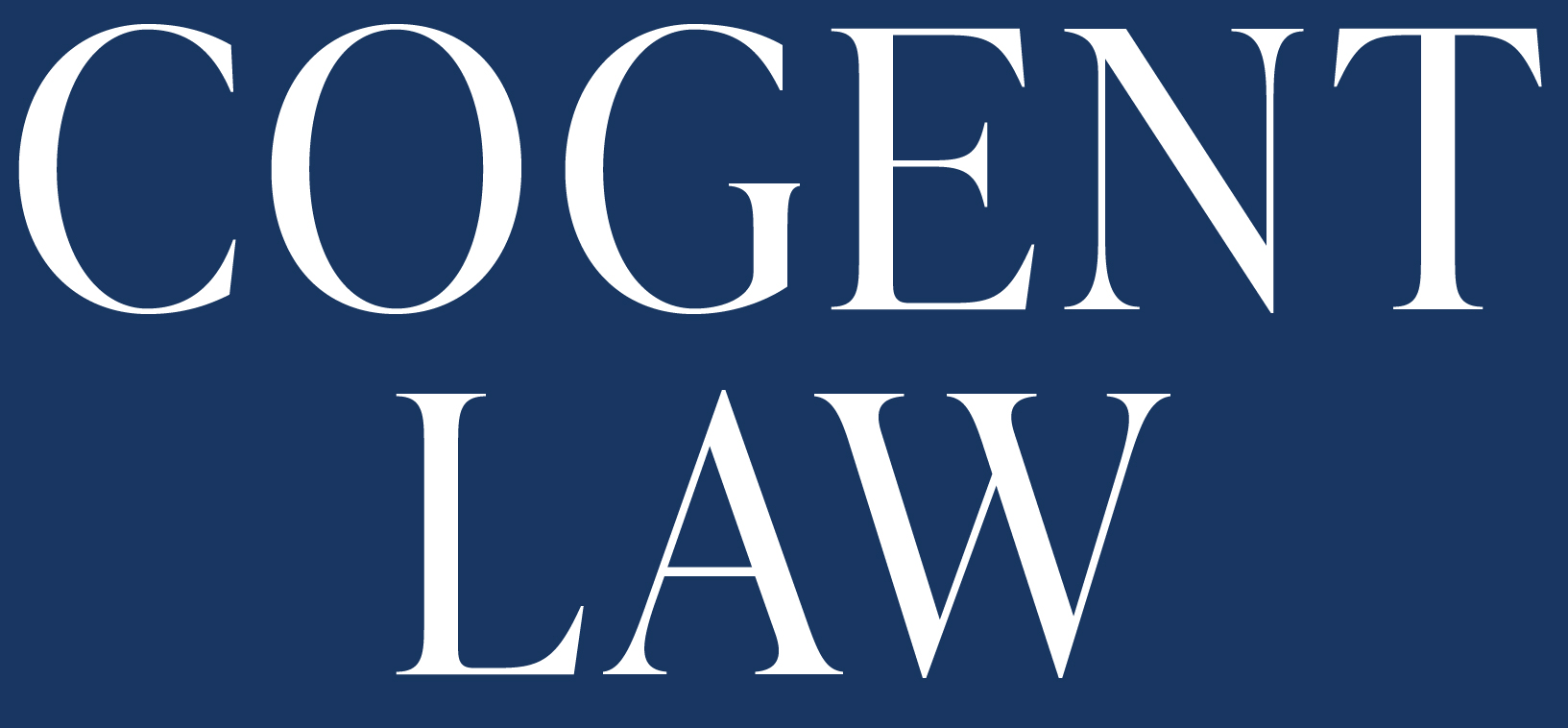Stablecoins, Banking, and the New Push for Federal Charters

Thomas P. Gross, B.S., M.S., J.D.
Partner, Cogent Law Firm
The once-niche concept of stablecoins has rapidly evolved into a major force in global finance. By early 2024, stablecoin transaction volumes had overtaken Visa’s, underscoring their appeal for low-cost, near-instant cross-border transfers. While much of this usage still stems from cryptocurrency trading, their speed and efficiency have caught the attention of mainstream finance, providing benefits that even the traditional SWIFT system lacks.
The stability of these digital tokens hinges on the assets backing them—most often short-term U.S. Treasury bills. Tether, the largest issuer, now holds more than $100 billion in U.S. Treasuries, surpassing countries like Germany and the UAE in holdings! A July 30th report by Apollo noted that the stablecoin sector as a whole ranks as the 18th largest external holder of U.S. government debt. See the Apollo Academy Report here at: https://www.apolloacademy.com/stablecoin-outlook/. Although this is modest compared to the roughly $7 trillion U.S. money market fund industry, the landscape is shifting quickly.
The enactment of the Guiding and Establishing National Innovation for U.S. Stablecoins Act (or GENIUS Act) in July 2025, establishing a federal framework for dollar-backed stablecoins, is expected to accelerate growth. See The White House Fact Sheet, July 18, 2025: https://www.whitehouse.gov/fact-sheets/2025/07/fact-sheet-president-donald-j-trump-signs-genius-act-into-law/. Some projections estimate that the market for stablecoins could reach $2 trillion by 2028. Circle’s USDC has seen a 90% jump in market capitalization over the past year, reaching $65 billion, with its June 2025 IPO resulting in a huge surge of interest not seen in decades.
The Bank Charter Push
Emboldened by the GENIUS Act, stablecoin issuers are now exploring direct integration into the U.S. banking system through national trust bank charters issued by the Office of the Comptroller of the Currency (OCC), an independent bureau within the U.S. Department of Treasury established in 1863 to regulate national banks.
On June 30, 2025, Circle applied for such a charter for its proposed First National Digital Currency Bank, N.A. Circle sees the application as a step toward building a transparent, efficient, and accessible internet-based financial infrastructure while complying with emerging U.S. stablecoin regulations, some of which result from the recently enacted GENIUS Act signed by President Trump on July 18, 2025.
Just days later, on July 2, 2025, Ripple Labs filed a similar application for Ripple National Trust Bank (RNTB). Ripple already issues RLUSD, a payment stablecoin pegged to the U.S. Dollar on a one-to-one basis. Approval by the OCC would allow Ripple and Circle to operate as a federally regulated banks, merging traditional banking capabilities with contemporary blockchain technology.
Industry Pushback
Not everyone is on board with these recent and progressive moves. On August 4, 2025, the Independent Community Bankers of America (ICBA) formally opposed Ripple’s application. In a letter to the OCC, ICBA argued that national trust banks traditionally act as custodians for specialized clients—handling securities custody, estate planning, and wealth preservation—not as competitors to retail banks.
The group contends that RLUSD functions much like a bank deposit, allowing retail customers to transfer, spend, and redeem funds just as they would with a checking account—despite national trust banks being legally prohibited from taking deposits. ICBA also criticized Ripple’s application for lacking details on how it would comply with Bank Secrecy Act (BSA), Anti-Money Laundering (AML), and Countering the Financing of Terrorism (CFT) requirements.
According to a Fact Sheet released by the U.S. Senate Committee on Banking, Housing, and Urban Affairs, the GENIUS Act establishes a comprehensive set of rules for U.S. dollar-backed payment stablecoins.
Read the Full Letter Here: See ICBA Letter to OCC, August 4, 2025: https://www.icba.org/advocacy/letter-details/letter-opposing-ripple-s-national-trust-bank-charter-application
As interests in adopting and issuing stablecoins accelerate, the debate over whether crypto-backed financial products should be granted the privileges of federally regulated banks will only intensify. With billions in Treasuries already under the control of stablecoin issuers, and legislation like the GENIUS Act paving the way, the next chapter in stablecoins’ rise is likely to be written as much in Washington as it is on blockchain.
Contact Thomas Gross for more information: tgross@cogentlaw.com
